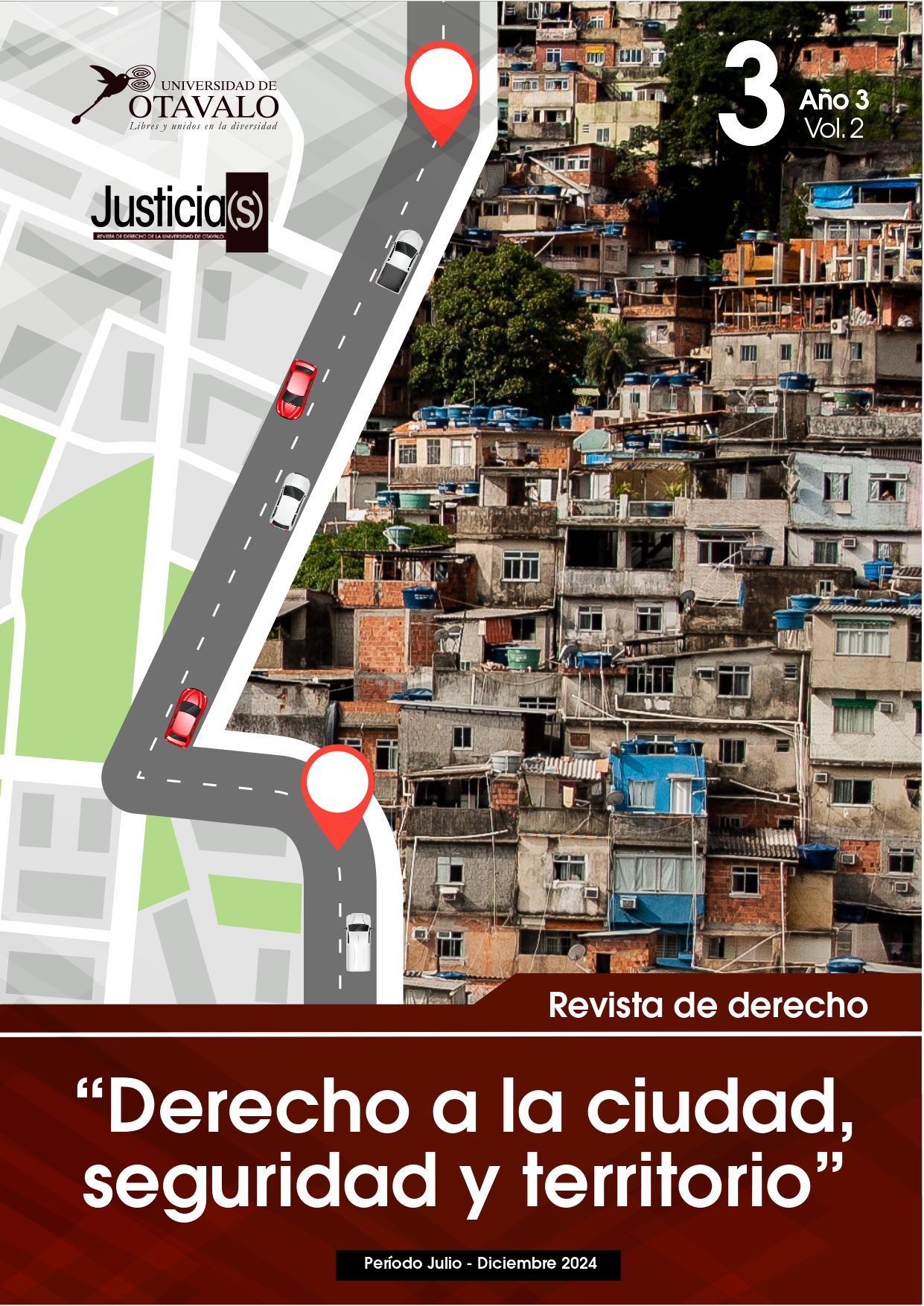
Globally, 55% of the population resides in urban areas, with Latin America being the region with the highest concentration of urban dwellers. In these cities, spaces coexist where thousands of people live in precarious conditions, such as slums and marginalized neighborhoods, alongside areas with full services, resulting in a city marked by contradictions and inequalities (Slavin, 2021). The negative effects of globalization in these urban environments include exclusion, gentrification, and socio-spatial segregation (Borja, 2019), highlighting the need to create psychosocial conditions that improve the quality of life for their inhabitants. In this context, it is the responsibility of local governments and municipalities to assume the role of territorial development and planning, with the aim of building inclusive and sustainable cities.
Volume 3, Issue 2, December 2024, titled "The Right to the City, Security, and Territory," reflects on the human right to a smart city (sustainable, safe, and inclusive). The articles in this monograph generally address critical theories on the construction of the right to the city, with a particular focus on the evolution of the concept of citizenship, as well as the rights and duties involved in the relationship with the city. Additionally, the connection between the environment and urban renewal, particularly in peripheral areas, is discussed, emphasizing the importance of social participation and collective actions.
